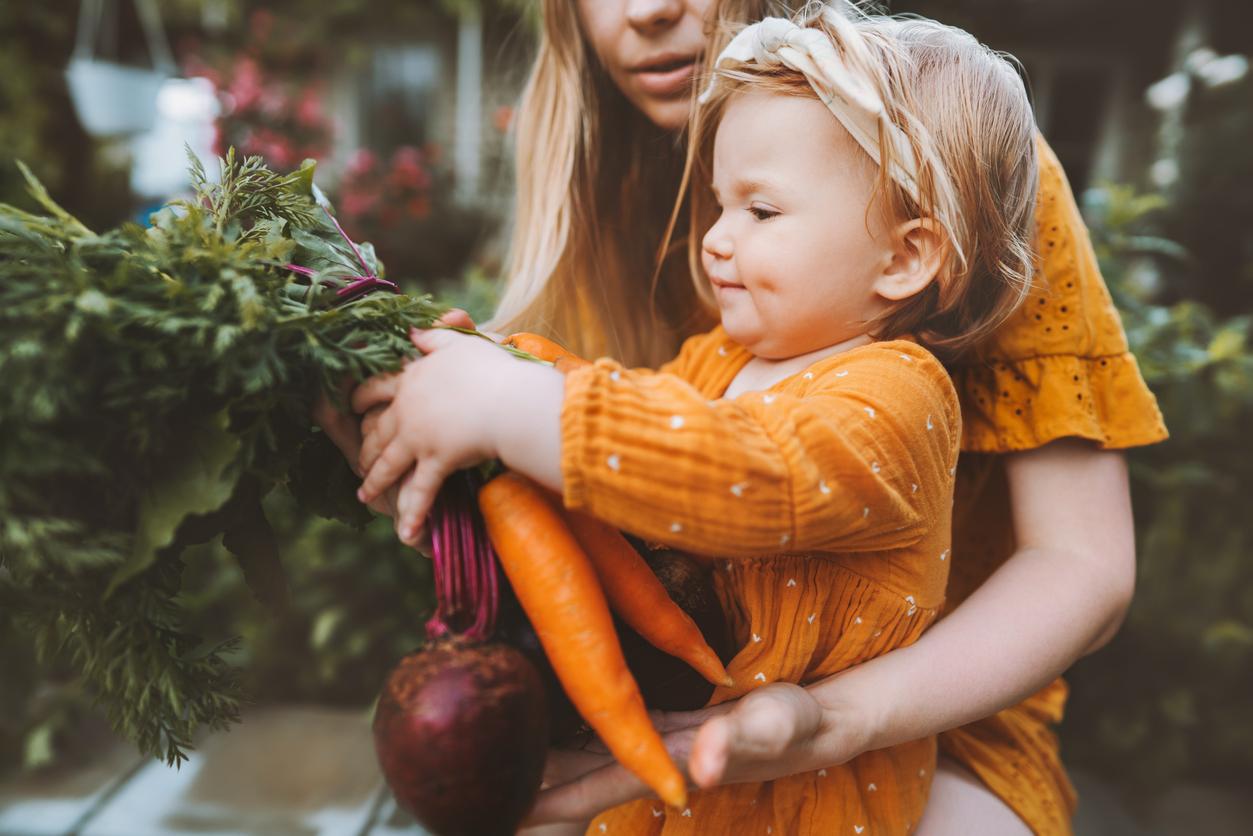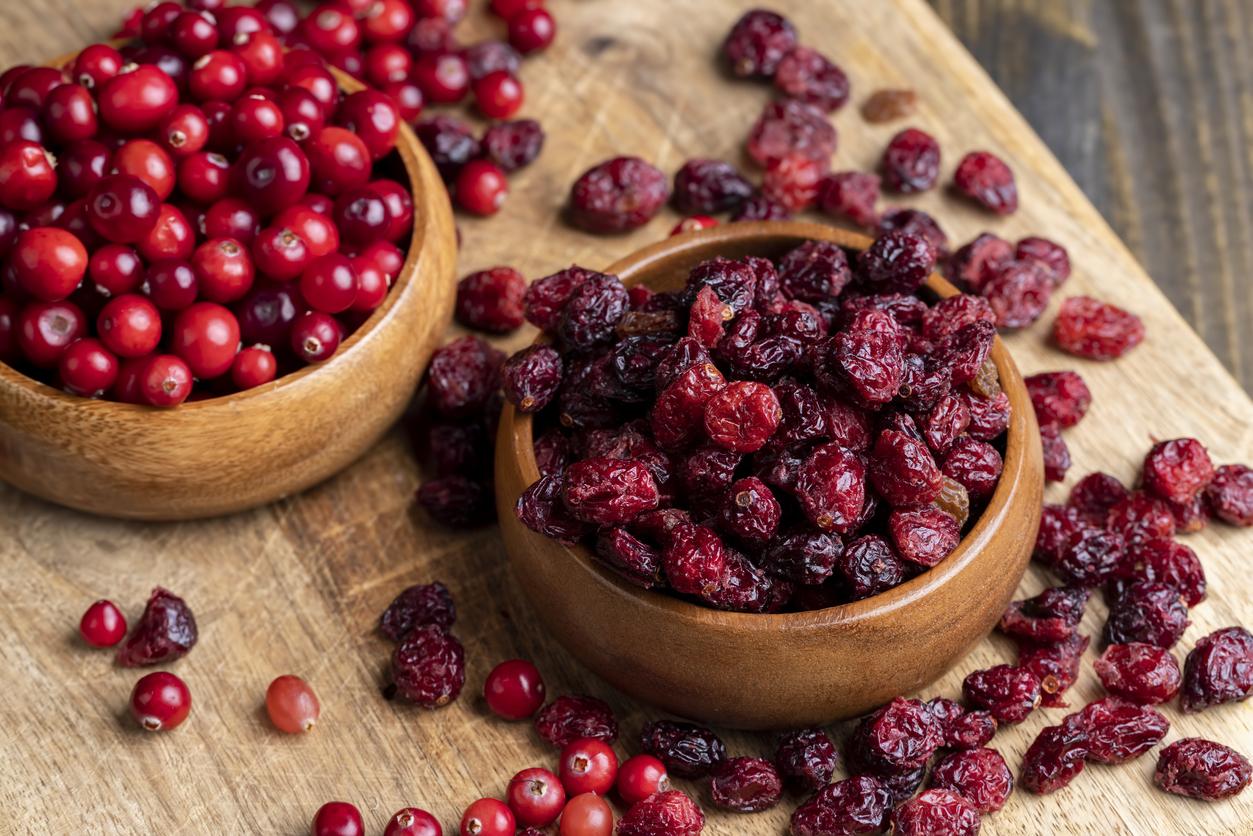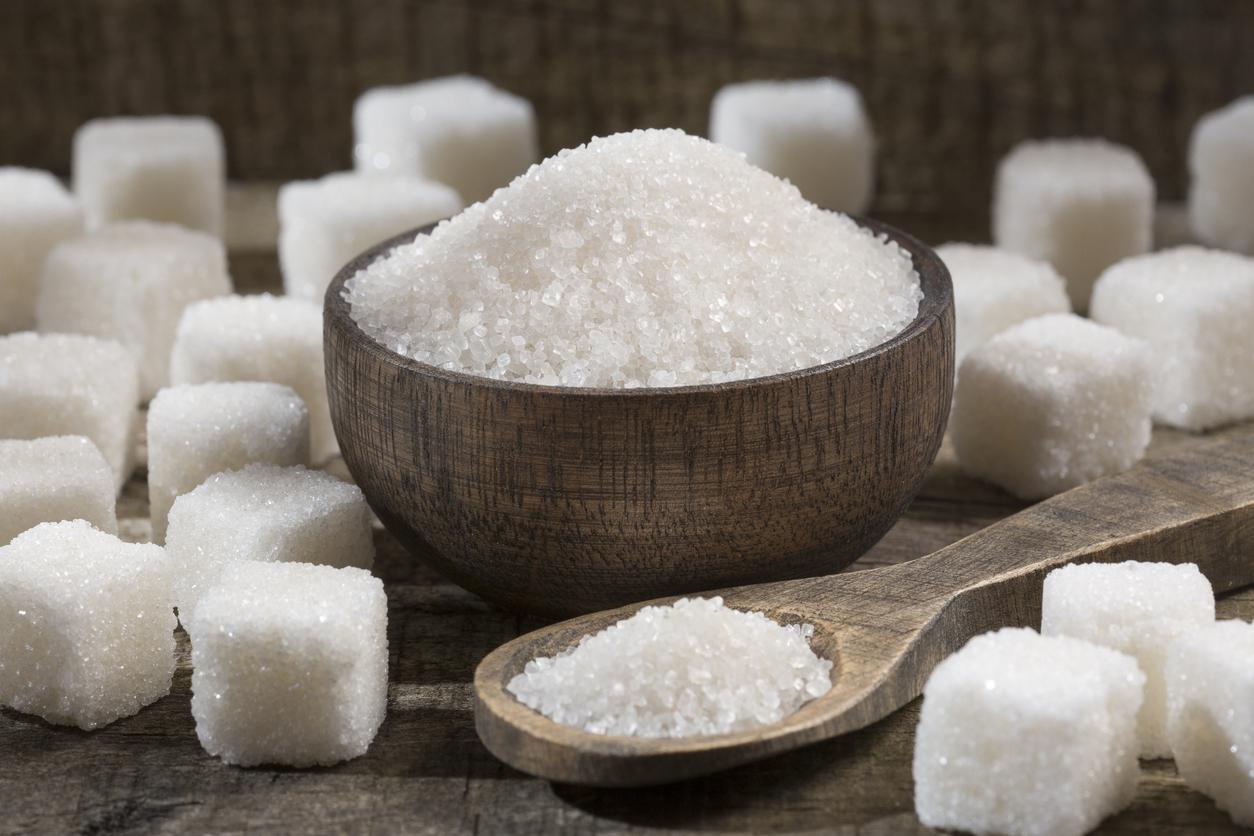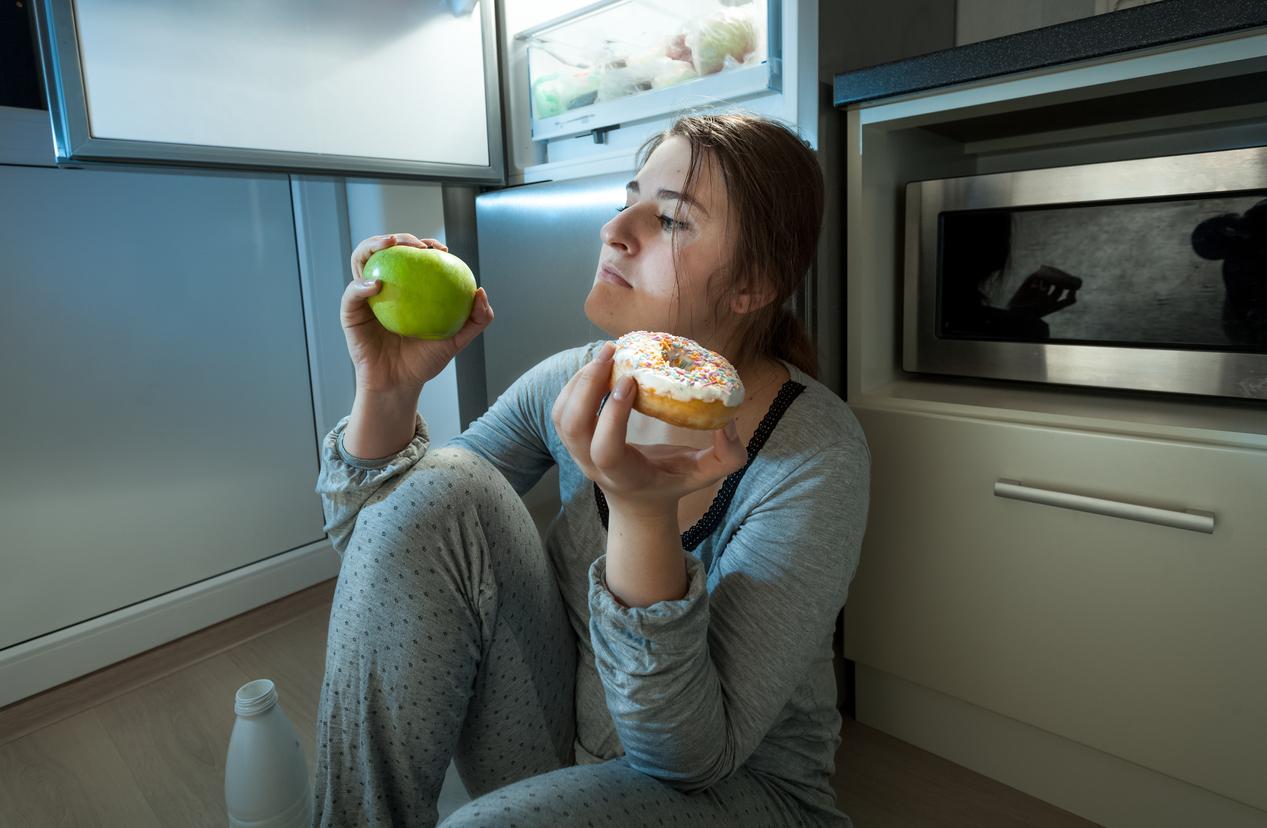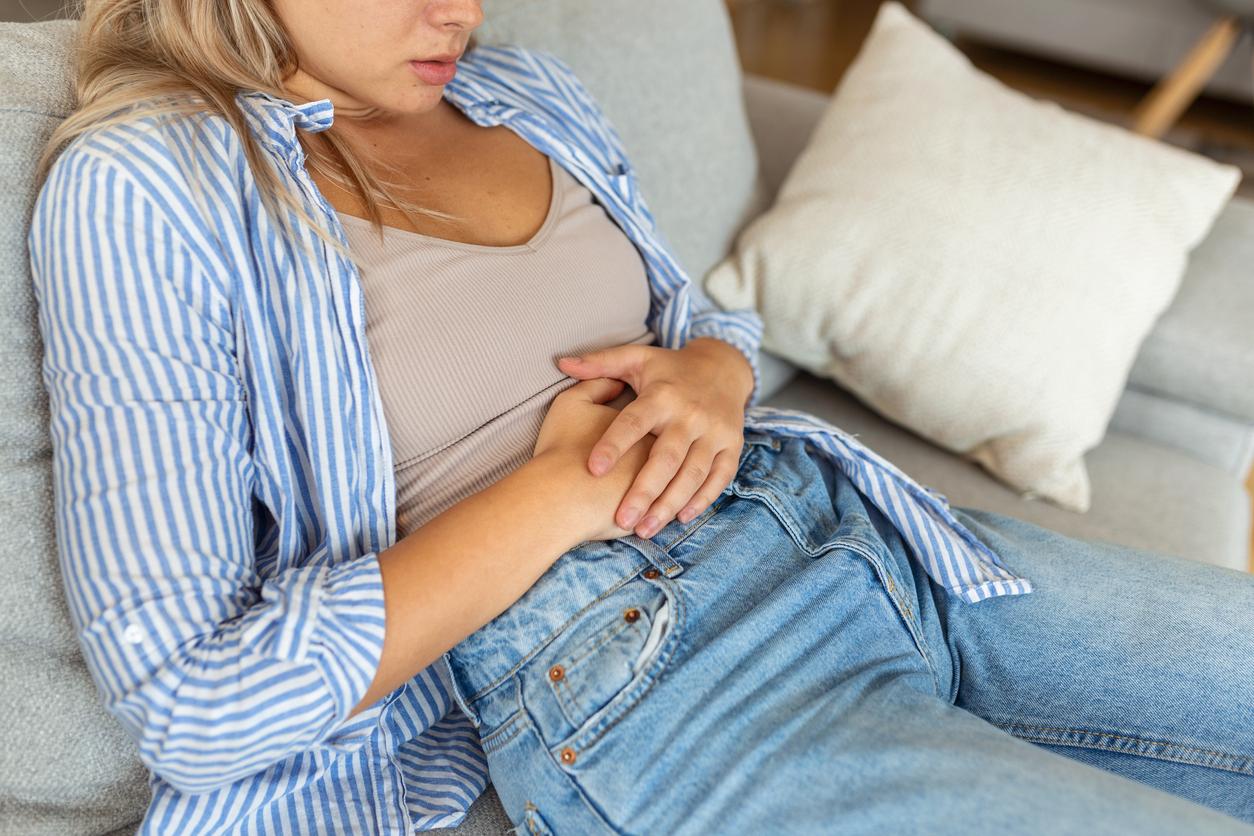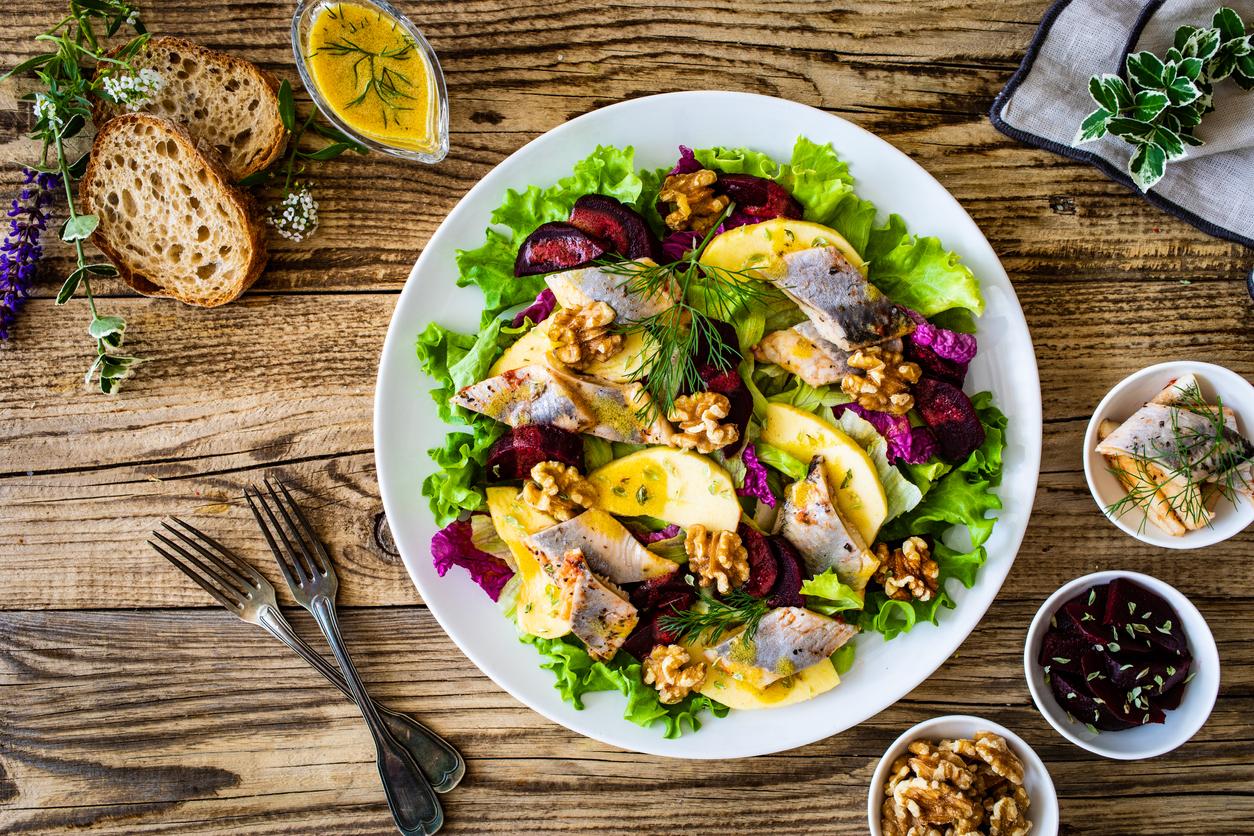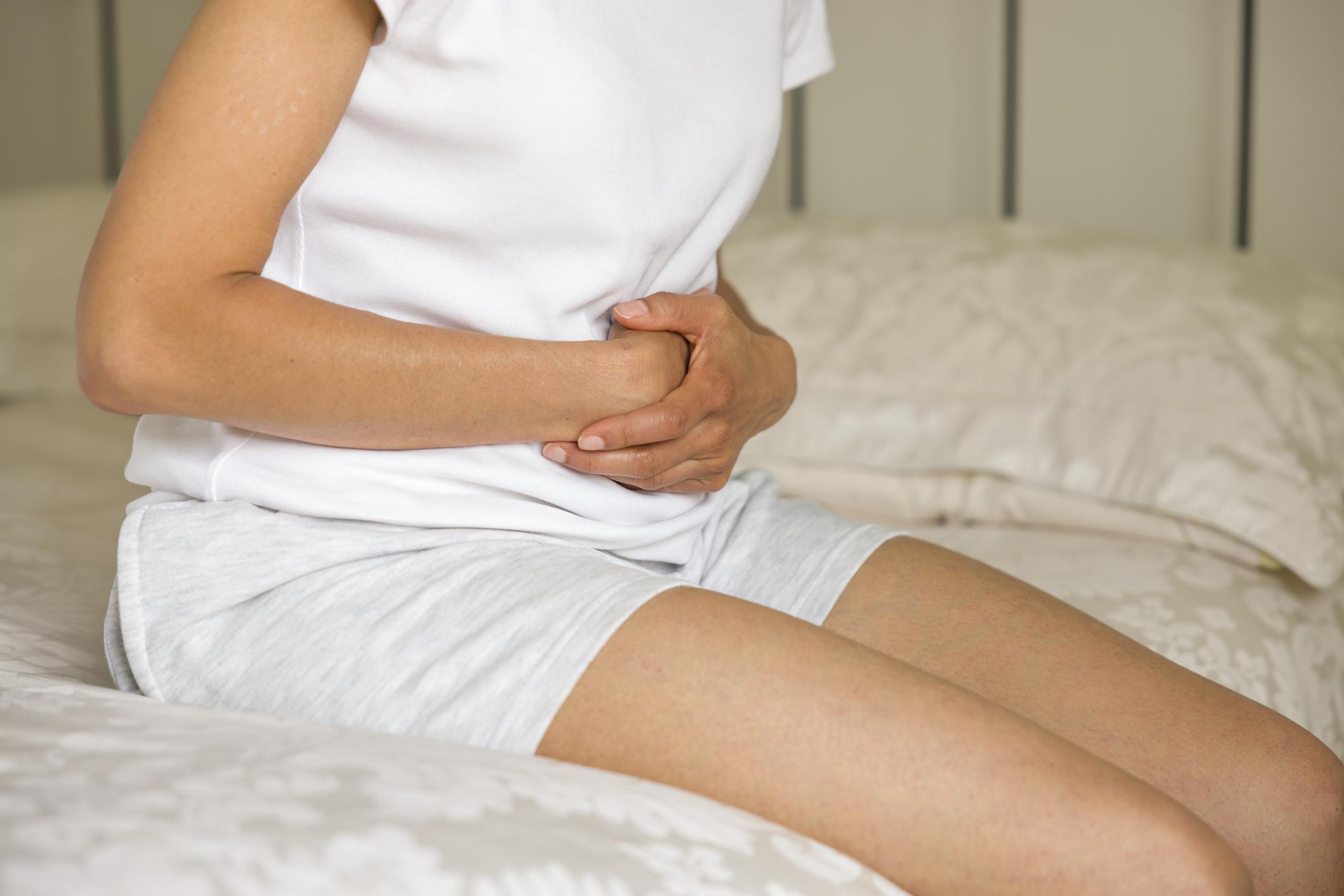Gastroenteritis is a common digestive infection that can cause unpleasant symptoms such as nausea, vomiting, abdominal pain and diarrhea. The most common causes of gastroenteritis are viruses and bacteria that spread easily through contact with contaminated surfaces, food, or contaminated water.
Gastroenteritis: which drinks to favor?
Although gastroenteritis is not considered a serious illness, it can lead to dehydration if not treated properly. Indeed, diarrhea and vomiting lead to significant losses of water and mineral salts. It is therefore essential to rehydrate well, by regularly drinking small portions of liquids. In addition, some drinks are particularly recommended, to get back on your feet quickly:
- Still water : at least 2 liters per day, drinking small sips regularly. You can opt for tap water, spring water or, better, mineral water (the latter will help more to compensate for the loss of mineral salts).
- rice water : it is quite simply the water used to cook the rice. This contains electrolytes that help restore the fluid balance in your body. It is also easy to digest and can help relieve symptoms of gastroenteritis.
- Sweet herbal teas : These hot drinks can help relieve nausea and abdominal pain. Chamomile, ginger and peppermint are particularly recommended for treating gastroenteritis.
- Vegetable broths lightly salted.
- Oral rehydration solutions, rich in electrolytes. You can find them in pharmacies.
Drinks to avoid during a gastro
Conversely, certain drinks should be avoided during gastroenteritis, so as not to aggravate the symptoms or irritate the digestive system. This is the case for the following drinks:
- Soft drinks (including sodas): can cause bloating and abdominal pain in people with gastroenteritis. It is therefore better to avoid them until complete recovery.
- Alcohol : Alcoholic beverages can aggravate the symptoms of gastroenteritis and cause dehydration.
- Coffee and caffeinated beverages.
- Cold drinks or iced: it is better to consume hot drinks or drinks at room temperature.
- Juice : they may be too acidic, so they may irritate the stomach and make nausea worse.
- Milk : The lactose in milk is difficult for many people to digest and even more so when they are sick. On the other hand, you can consume natural yogurts, which are more digestible and rich in bacteria beneficial to the intestinal microbiota.
What to eat in case of gastroenteritis?
During a episode of gastroenteritis, it is important to eat as normally as possible. Indeed, eating helps the intestinal wall to recover more quickly from gastro and this allows you to regain strength. A varied diet will also help your stools to re-solidify. Unless medical advice to the contrary, do not fast for more than 4 to 6 hours in a row and resume solid food as soon as possible. However, it is recommended to give priority to easily digestible foods And non-irritant for the digestive system. Start with small amounts and gradually increase the portions, according to your appetite and the improvement of your condition. You can, for example, split your meals in order to increase your daily intake gently.
Here are some foods that you can easily consume in case of gastroenteritis:
- Bananas : they are rich in potassium and are easy to digest, which makes them ideal for people with gastroenteritis. They can also help relieve diarrhea by reducing inflammation in the gut.
- white rice : this starchy food is a staple in the treatment of gastroenteritis because it is easy to digest and can help relieve diarrhea. You can eat it with a small amount of salt or sauce to add some flavor.
- Potatoes : they are rich in carbohydrates and potassium, which makes them an easily digestible and nutritious food for people with gastroenteritis. You can eat them boiled or mashed, but avoid adding fat.
- Carrots : they contain a lot of fiber and vitamins, which makes them excellent for promoting the healing of gastroenteritis. They are also high in beta-carotene, which can help boost the immune system.
- Toasted bread : It is easily digested and can help absorb fluids in the intestine, making it an excellent food for people with diarrhea.
- Lean meats and fish : turkey, chicken, cod, sole, sea bream… which are cooked without fat (steamed, for example).
- vegetable soup : in case of gastro, it is recommended to eat cooked vegetables, to fill up with vitamins without irritating the digestive system. And to rehydrate yourself at the same time, you can bet on a soup.
Foods to avoid with gastro
On the other hand, certain foods should be avoided when you have gastroenteritis because they can make your symptoms worse or irritate your digestive system.
- Fat food : they are difficult to digest and can cause abdominal pain and diarrhea in people with gastroenteritis. Avoid fried foods, fatty meats (charcuterie, beef, etc.), fatty cheeses, prepared meals, biscuits and pastries, etc.
- spicy foods : They can irritate your digestive system and cause abdominal pain and diarrhea. Time to recover, we zap pepper, chilli and curry.
- Raw vegetables : raw vegetables are often difficult to digest. During gastroenteritis, we therefore favor cooked vegetables.
- The fruits : with the exception of bananas, apples and quinces (which are best eaten in compote), fruits should be avoided in case of gastro, because their high fiber content accelerates intestinal transit.
- Whole starches And legumes : very rich in fiber, they accelerate transit.
Gastroenteritis: when can I start eating normally again?
In case of violent digestive symptoms, favor light and easily digestible foods such as broth, herbal teas, vegetable soup, bananas and cooked apples. If you feel better after 24 hours and no longer have diarrhea or vomiting, you can gradually reintroduce more solid foods into your diet. This can include toast, rice, boiled chicken, and steamed vegetables. It is recommended to resume a varied and balanced diet as soon as possible, in order to provide your body with enough energy to recover.
If in doubt, it is always advisable to consult a GP for personalized advice on your diet during and after gastroenteritis.

















